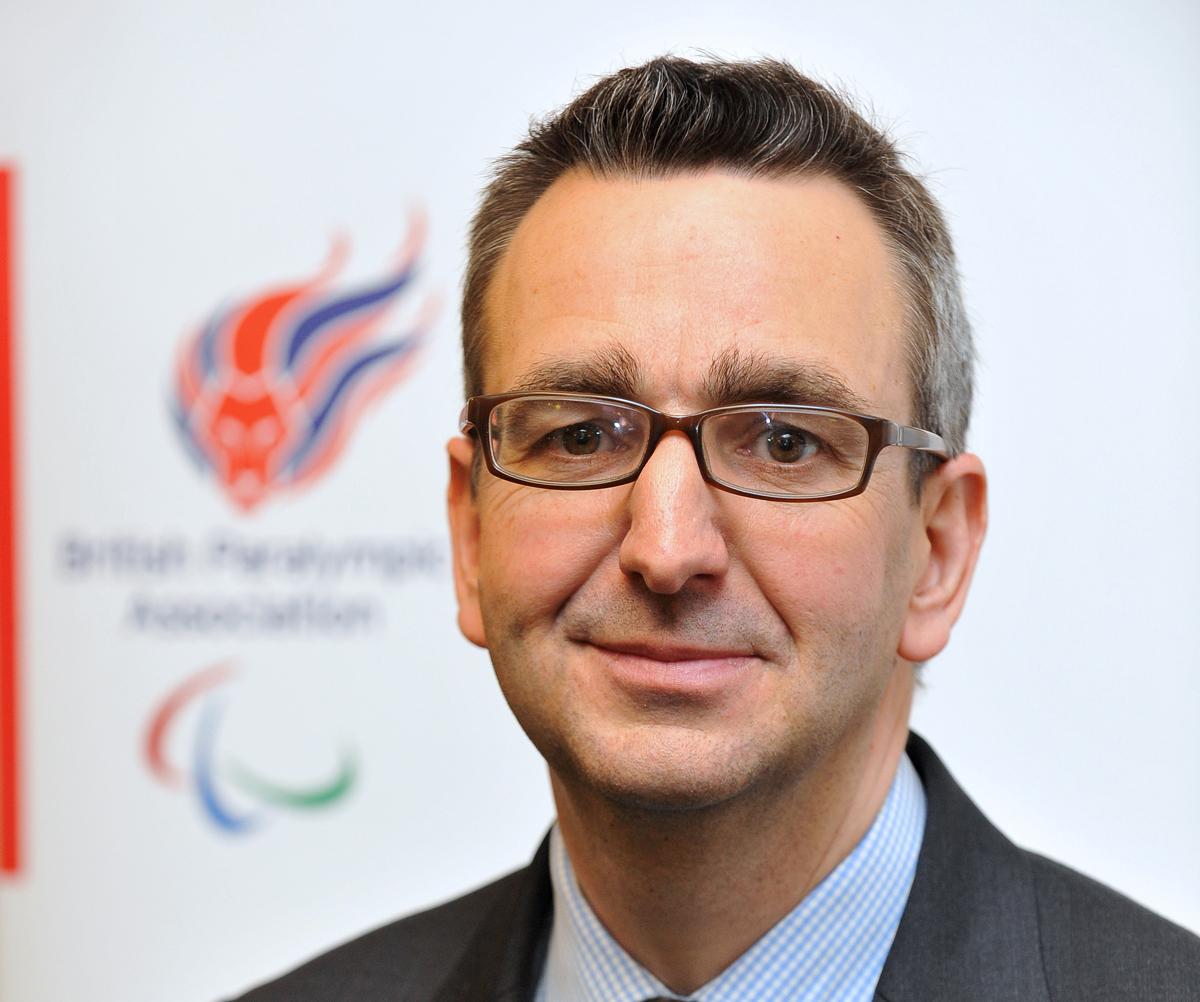see all jobs
‘Long way to go’ before disabled people have adequate access to grassroots sport, says British Paralympic chief
Disabled people do not have adequate access to grassroots sport clubs and facilities and there is a "long way to go" before the situation improves, said the chief executive of the British Paralympic Association (BPA).
According to Tim Hollingsworth, there are still barriers to participation for disabled people because of limited physical accessibility to grassroots sporting infrastructure and the inability of some clubs to integrate individuals effectively.
Talking to Sports Management ahead of the Rio 2016 Paralympic Games, Hollingsworth said that since the transformational London 2012 Games – in which Team GB won 120 medals – facilities had improved and participation had increased at disability-specific sports clubs, but work needed to be done to improve the experience at mainstream sports clubs.
“I still think we have a long way to go in the general accessibility of sport within local communities for disabled people,” said Hollingsworth.
He added: “Clubs and local authorities should be asking ‘is it actually possible for disabled people to play sports with the facilities that are available?’ There’s also an issue around social accessibility; can clubs actually offer the opportunity through its infrastructure? Does it have the coaches to integrate disabled people effectively? Is the club genuinely accommodating of disabled people? I don’t think there’s anything like the cumulative evidence you’d want to see.”
Hollingsworth revealed that he was encouraged by the targets in the government sport strategy to reach underrepresented groups who proportionally take part in less physical activity, and the apparent “desire to see sport have genuine social impact” as well creating opportunities for those who already participate.
“We certainly believe it should drive greater involvement of disabled people, not only in governing body programmes, but in other projects and programmes that Sport England is looking to fund,” he added.
The former UK Sport executive highlighted Sainsbury’s Active Kids For All scheme as “one of the effective interventions” which has driven the participation in disabled sport since the London 2012 Olympics.
Described as a “disability inclusion training programme”, Active Kids For All has provided a programme for 5,000 PE teachers to help them make mainstream lessons more inclusive for children with impairments, without “diluting” the experience for their classmates.
“You take that evidence and see that you can actually make a difference because you’ve identified a problem and created a solution. I think that’s something we should see if we can do at local community and club level,” added Hollingsworth.
Look out for Sports Management’s full interview with Tim Hollingsworth in the September issue of the magazine.
- News by sector (all)
- All news
- Fitness
- Personal trainer
- Sport
- Spa
- Swimming
- Hospitality
- Entertainment & Gaming
- Commercial Leisure
- Property
- Architecture
- Design
- Tourism
- Travel
- Attractions
- Theme & Water Parks
- Arts & Culture
- Heritage & Museums
- Parks & Countryside
- Sales & Marketing
- Public Sector
- Training
- People
- Executive
- Apprenticeships
- Suppliers






























